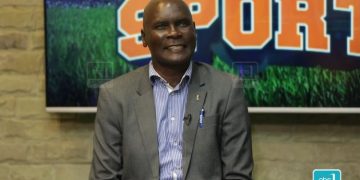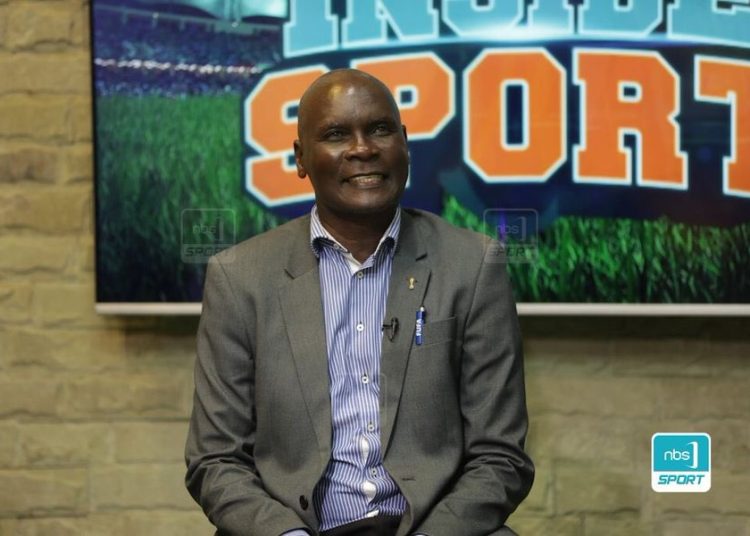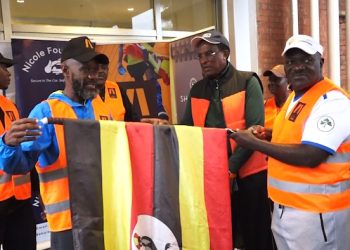Over 20 years since officiating at the 2002 FIFA World Cup, Ali Mulumba Tomusange remains Uganda’s only referee to have graced football’s grandest stage. But even in retirement, he’s not done making an impact.
Tomusange, who started out as a goalkeeper at King’s College Budo before switching to refereeing, earned his FIFA badge in 1993 and went on to officiate at top tournaments including the Olympics, AFCON, and FIFA Club Championships.
His defining moment came in 2002 when he took charge of four World Cup matches, including the heated quarterfinal between Spain and South Korea.
In an exclusive interview with NBS Sport, Tomusange has called for renewed investment in officiating and modern football technology to help Uganda return to the international spotlight.
“In the near future, I think we shall have our referees appointed to go for CHAN,” he said, noting recent progress in referee support.
He praised FUFA for improvements: “Today they are providing referees with transport, accommodation, and feeding. Even if the allowances come later, at least they are being funded to travel across the country. That’s a big step forward.”
But progress alone isn’t enough. Tomusange believes real transformation will require deeper investment in tools and training.
“VAR is the way to go,” he said. “The leagues that don’t have VAR are at a big disadvantage, and the referees from leagues with VAR are favored in CAF selections.”
He acknowledged the cost challenges but stressed the urgency: “I don’t think there are more than eight or nine African countries using VAR. It’s expensive, yes, but we need it.”
Beyond VAR, he pointed to other crucial gaps: “We need modern referees’ equipment. Communication systems, electronic flags—these things are essential. Some referees buy their own, but FUFA must step in.”
For those aspiring to follow in his footsteps, his advice is simple: start young. “They need to begin while still in school,” he said, urging institutions and parents to nurture interest early.
Tomusange also sees VAR as a tool for trust. “From the fans’ side, it removes bias. From the technical side, it eases pressure. If a referee isn’t sure, the decision can be corrected. We’re crying for VAR—we need it and the game needs it.”





























